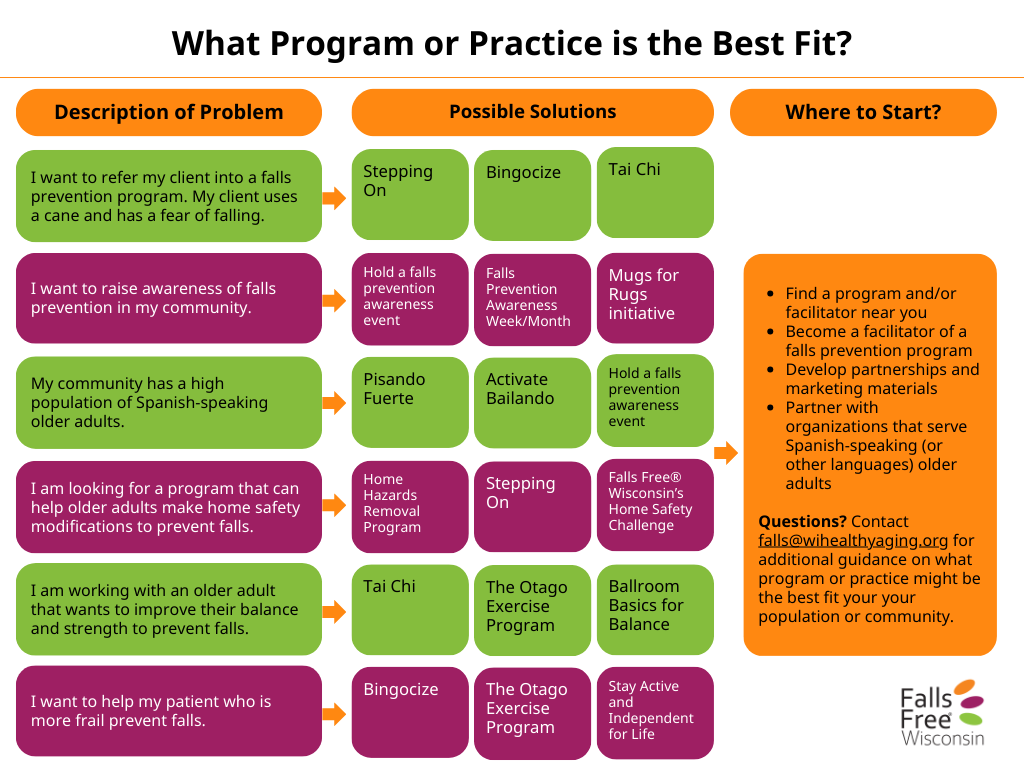Rushing, in general, can lead to falls. Whether you’re rushing to answer the phone or see who rang the doorbell, rushing home for your favorite television show or rushing to the bathroom every hour, your risk of falling is increased as you may not be paying as close attention as you usually do or scanning ahead for hazards in your way. While you should avoid rushing and take your time as much as you can, that may be harder when you have to go to the bathroom. Problems with your bladder or bowels (incontinence) and not being able to “hold it” for as long as you used to puts you at an increased risk of falling. According to the National Institute on Aging, this can affect anyone, but is more common as we age, especially in women. Incontinence may also cause you to get up more often in the middle of the night, which poses additional risks that may lead to a fall, such as lack of light or drowsiness. If you have problems leaking, you may even be less likely to go out and do the things you normally do, like walk or exercise, which can make your risk of falling even greater.
The good news? Help is available! Not only can you improve your bladder and bowel function, but you can decrease your risk of falling due to rushing to get to the bathroom in time. Incontinence can be treated, and improvements can be made with help from a physical therapist that specializes in these issues. If you are worried about not being in control of your bladder or bowels, ask your healthcare provider for a referral or recommendation on a pelvic floor physical therapist that can help you.
If you rush to the bathroom, go to the bathroom more than every two hours, have bladder or bowel leaks, or go to the bathroom more than once a night, you could benefit from some physical therapy to help control your bladder and bowels. A physical therapist will talk to you about the issues you are having, give you exercises to improve your pelvic muscles and help retrain your bathroom habits. Gaining back control of your bladder and bowels can help decrease your risk of falling!
The Wisconsin Institute of Healthy Aging (WIHA) has a program specifically designed to give women the tools they need to take control of bladder and bowel leakage. The program is called Mind Over Matter: Healthy Bowels, Healthy Bladder (MOM) and is available in communities throughout Wisconsin and even nationwide. While this program isn’t for men, men can and should still talk to their healthcare providers about bladder or bowel incontinence and find a physical therapist near them that can help.


